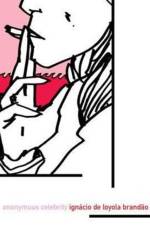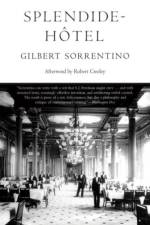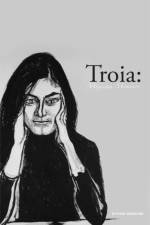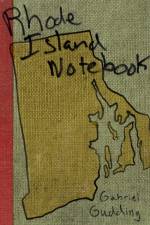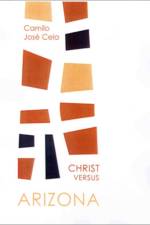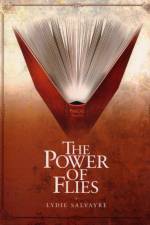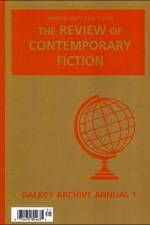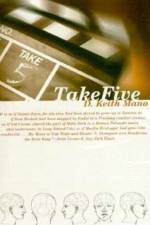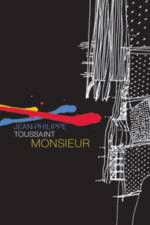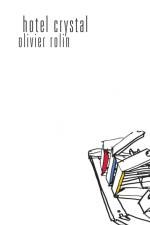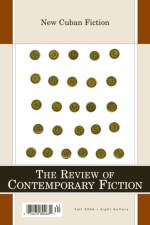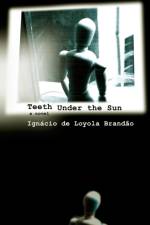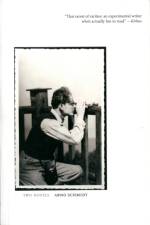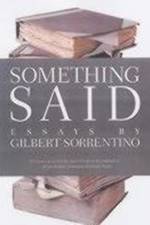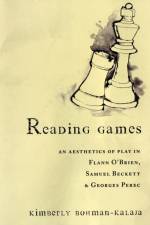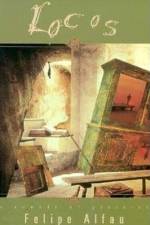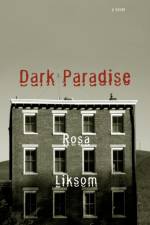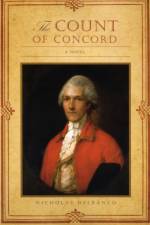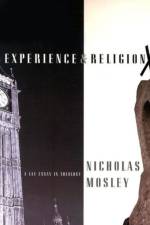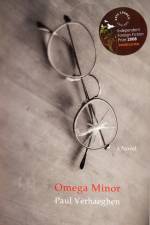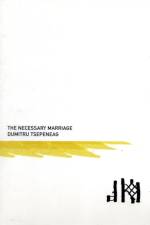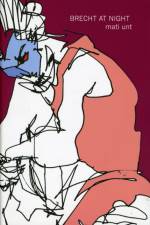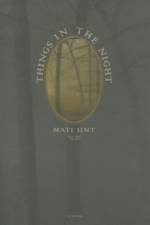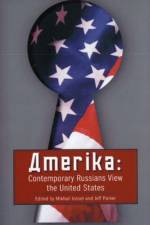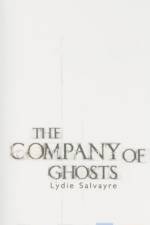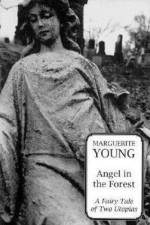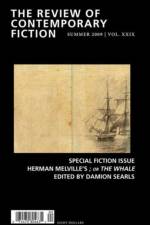av Lydie Salvayre
149,-
A madman's intense soliloquy in a slim, powerful volume by French author Salvayre (Everyday Life, 2006, etc.).The novel opens in a courtroom, where a former museum tour guide stands trial for murder. The accused engages in one-sided debates with his judge, prison guard, lawyer and psychiatrist. The nameless voice remains the novel's sole speaker, and though his rants prove that he is not only neurotic but mentally unbalanced, he is surprisingly eloquent and darkly humorous. We soon learn that the narrator's childhood haunts him: Abused by his angry father, he grew up in a house of violence, fear and hatred. He came to find a father figure in his museum boss, but was crushed when his mentor didn't understand and eventually refused to tolerate his erratic behavior. He is obsessed with his selfless, protective, now-dead mother, and is unable to love any other woman. He had a malfunctioning relationship with his wife, verbally and physically abusive, yet she continued to love him - a fact that irritated him to no end. The condemned man's mocking descriptions of social norms and everyday actions (sex, sneezing) is humorous, and his tone, lacking fear and timidity, can be captivating. The accused may be neurotic, self-involved, snobbish and unlikable, but the questions he raises are universal. What is pre-ordained and what is self-willed? How does one "gain a foothold in the void"? How much sympathy does one owe his fellow man? Well-composed and provocative. (Kirkus Reviews)

